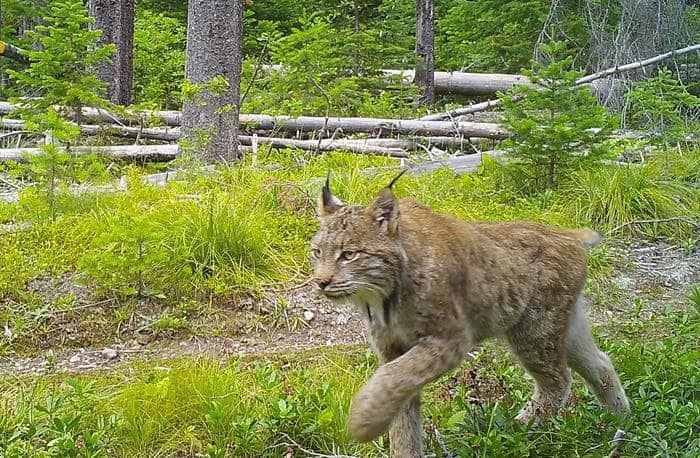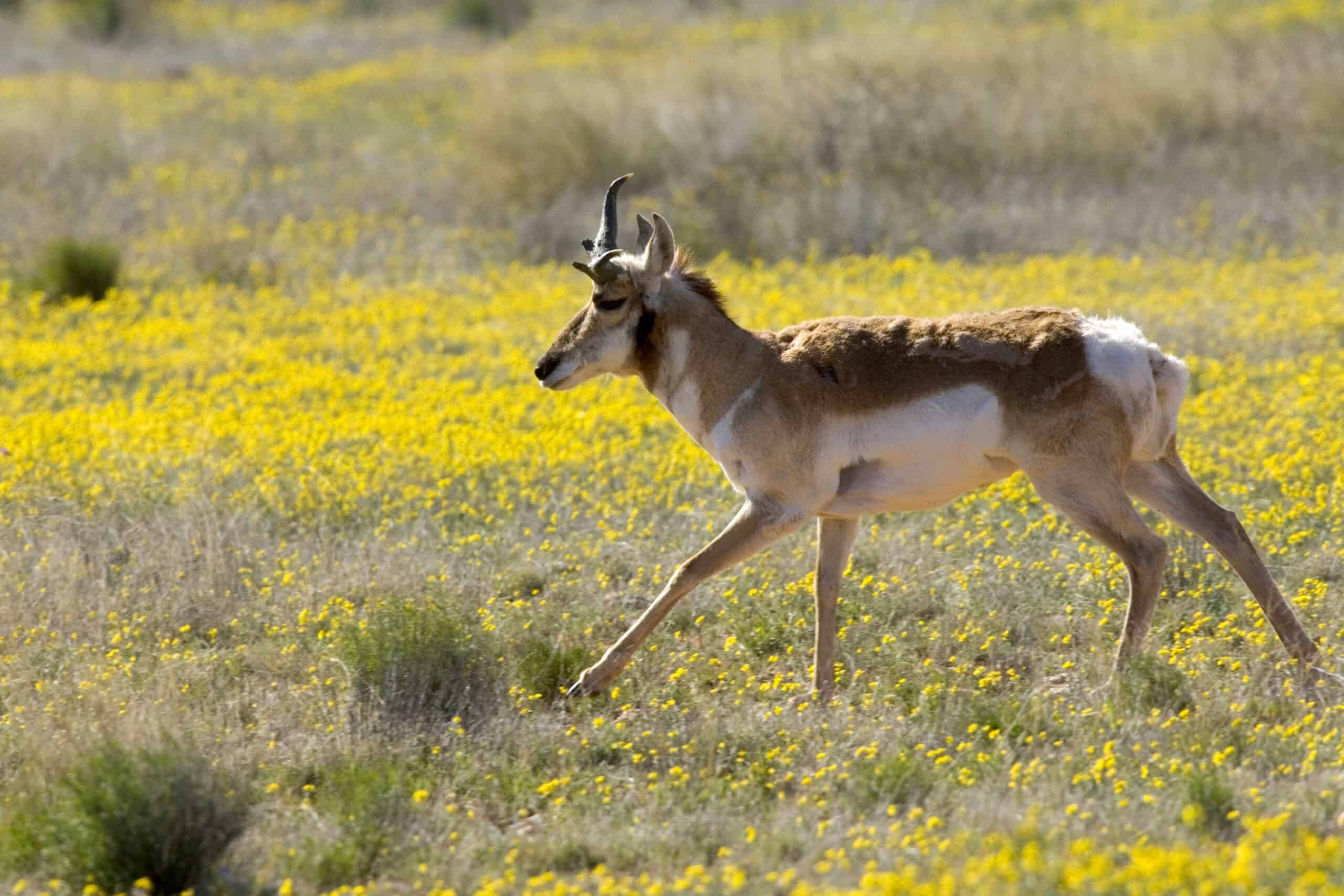Share this article
What’s happening Thursday at TWS’ Virtual Conference
Thursday brings a full day of activities at the TWS 2021 Annual Conference. Fill out your itinerary from a wide range of symposia, presentations, poster sessions, panels, working group meetings and opportunities to network. Share your thoughts at the Climate Change Roundtable and round out the day by testing your knowledge at Pub Trivia Night.
Panel Discussions
Keeping Rangelands Profitable: Livestock management can benefit wildlife on rangelands, particularly when grazing operations help maintain large tracts of native vegetation. Landowners aren’t always part of wildlife management discussions, though, leaving wildlife managers less aware of the challenges ranchers face and the opportunities for both livestock and wildlife to benefit. Supported by the Rangeland Wildlife Working Group.
Wildlife Vocalizations: Celebrating One Year of Stories Passion, Ingenuity, Tenacity and Perseverance: Wildlife Vocalizations are personal perspectives that amplify diverse voices in the wildlife profession. This session offers participants a platform to reflect on the last year, share experiences, discuss common themes and envision the profession’s future.
The Collegiate Conservation Cookbook: Building Your Resume to Be a Better Conservation Advocate: Natural resource curriculums often don’t emphasize how to be an advocate for conservation, particularly with regards to communicating science, research and the importance of conservation to the public. How can we better bridge these gaps? Join a panel of agencies and nonprofits as they showcase successful frameworks related to relationship building, communication and advocacy. Supported by Backcountry Hunters & Anglers.
The Diverse Paths to a Wildlife Career: This panel discussion provides an interactive forum for in-depth discussion about challenges faced by and solutions for people from underrepresented groups working in the wildlife profession. Panelists will describe their paths to a wildlife career, highlighting challenges or barriers they experienced and how they overcame them. It will also provide a forum to reflect on past perceptions, current values and specific approaches that employers, employees and The Wildlife Society can undertake to improve diversity and opportunities. Supported by Women of Wildlife.
Symposia
RADical Responses to Ecological Change in a Transforming World: Climate change is driving ecosystem transformation worldwide, putting managers in the difficult position of addressing a shifting landscape. In this symposium, speakers present the recently developed Resist-Accept-Direct (RAD) framework for management in an uncertain future. Supported by the Climate Change and Wildlife Working Group.
Understanding the Biological, Social, and Economic Aspects of Lead Ammunition on Wildlife Populations and Wildlife Management: Lead ammunition remains common, despite a growing understanding of the toxic effects of lead in the environment. This symposium will pull together available information on population-level effects of lead ammunition on wildlife and perspectives on the factors affecting the adoption of non-lead ammunition by hunters, industry and wildlife agencies. Supported by the Hunting, Trapping, and Conservation Working Group; Wildlife Damage Management Working Group; Wildlife Disease Working Group; Wildlife Toxicology Working Group.
Emerging Research to Support Management of Free-Roaming Feral Equids: The feral horse and burro population on U.S. rangelands continues to grow, but the problem is not unique to the United States. Feral equids are found across the globe, as pointed out in a special issue of the Journal of Wildlife Management. In this symposium, authors present their research and discuss future avenues of research.
Forest Service, Climate Change and Adaptation: In this series of four sessions, speakers highlight national and regional approaches using the U.S. Forest Service’s Climate Scorecard and collaborations with the USDA Climate Hubs. They will provide examples of work the Forest Service is doing to address climate change and how the Forest Service is tracking progress on climate change using its Scorecard and supporting land managers through the USDA Climate Hubs. Supported by the USDA Forest Service.
Wildfire and Prescribed Fire Effects on Biodiversity in US Forests: 2021: Many species rely on fire disturbance, but across much of the U.S., fire regimes have changed dramatically, altering the way wildlife respond to wildfire. This symposium will discuss wildfire and prescribed fire effects on various taxa in the U.S., and how to use fire as a management tool to achieve target forest conditions and wildlife habitats. Supported by USDA Forest Service Research and Development.
Special Session
Member Climate Change Roundtable: This listening session offers members an opportunity to discuss what TWS can do to address climate change as TWS’ Global Climate Change and Wildlife position statement comes due for review next year.
Wildlife Innovation Center
Careers with Federal Agencies: Representatives from the U.S. Forest Service, U.S. Fish and Wildlife Service, USDA Wildlife Services and the Bureau of Land Management highlight career pathways and experiences in their agencies. Attendees will hear firsthand accounts of federal government employment and easily compare and contrast opportunities. This session is a one-stop shop for students, early career professionals or anyone who has an interest in careers with the federal government.
Networking
Student Chapter Leaders Lunch: 12-1:30 p.m. Eastern.
Canadian Members and Friends Reception: 4-6 p.m. Eastern.
Pub Trivia Night: 6-8 p.m. Eastern.








